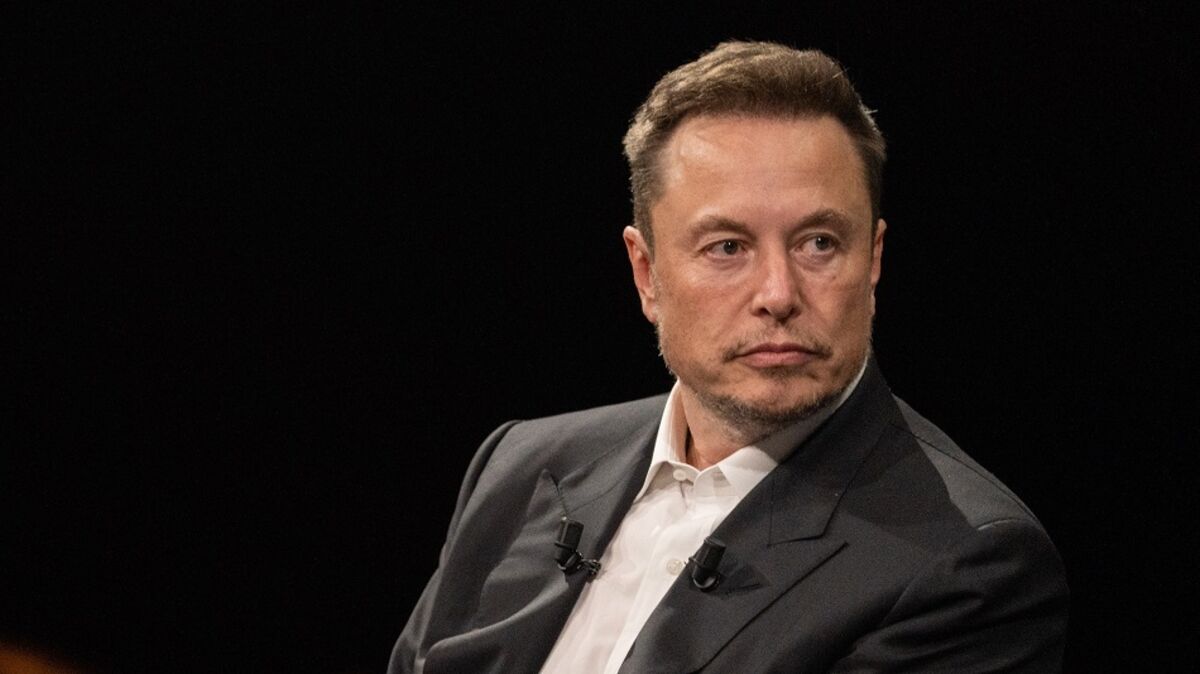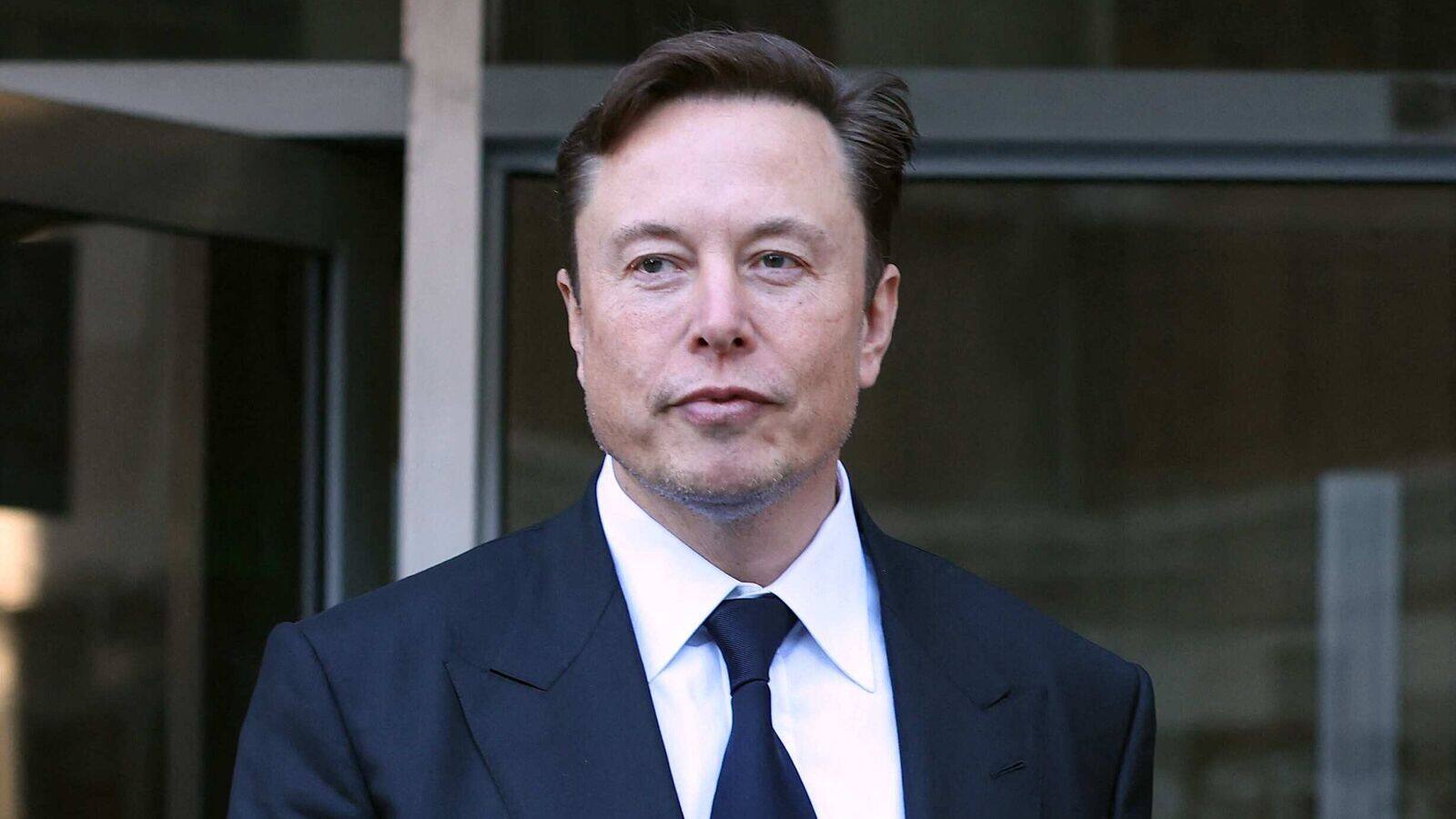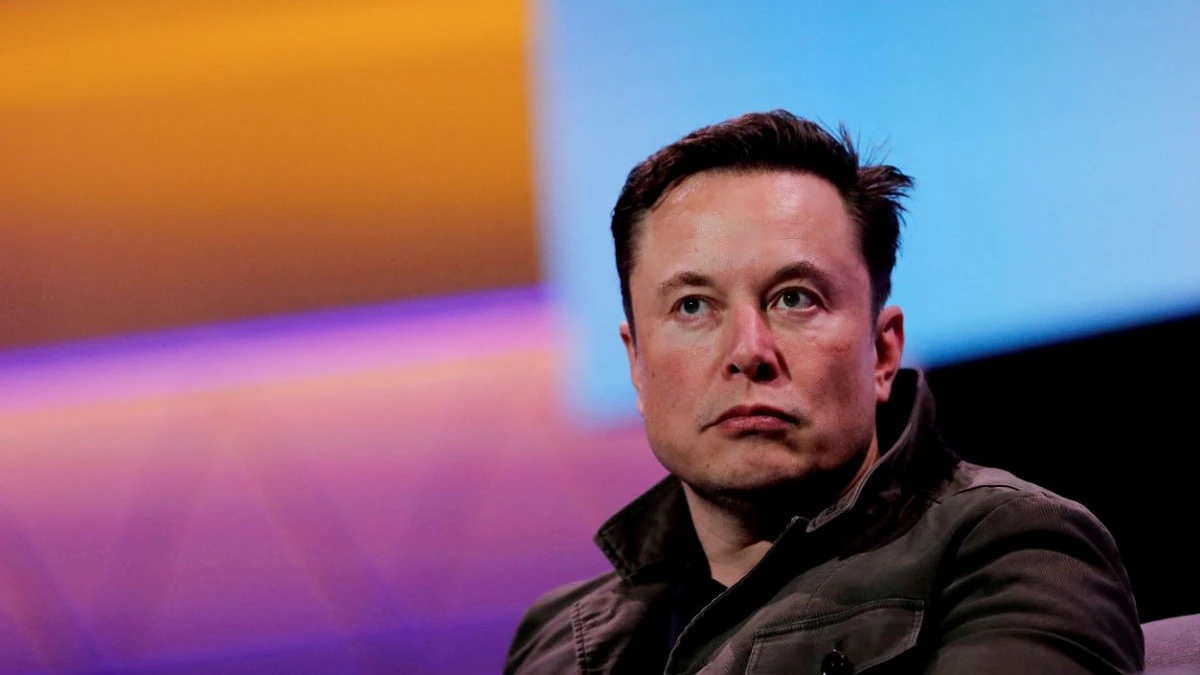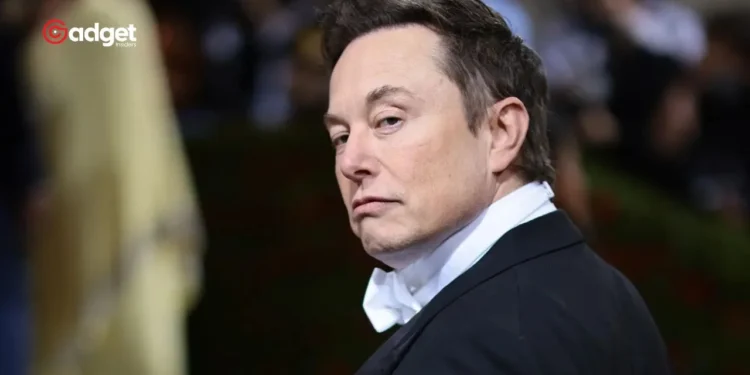In a move that underscores growing tension within Tesla, a coalition of shareholders, led by the New York City Comptroller Brad Lander, is challenging the staggering $46 billion compensation package of CEO Elon Musk.
This package, once valued at $56 billion, was initially approved in 2018 but has come back under the spotlight due to a mandate for re-approval by Tesla shareholders next month.

The Stakes Are High
The compensation plan, which if re-approved, would be one of the largest in corporate history, has polarized Tesla’s investor base. While a significant majority, approximately 73%, had previously endorsed the plan, the recent call for a critical re-evaluation reflects a shift in shareholder sentiment.
This comes especially after a Delaware Court of Chancery ruling earlier this year, where Judge Kathaleen McCormick highlighted the flawed process and lack of fairness in the original approval of Musk’s compensation.
Judge Kathaleen McCormick noted that the “process leading to the approval of Musk’s compensation plan was deeply flawed” and that he “operates as if free of Board oversight.”
Boardroom Battles and Brotherhood
Amidst these financial deliberations, Tesla’s governance has also come under fire. The shareholder group has expressed concern over the re-election of Musk’s close associates, including James Murdoch and Kimbal Musk, both of whom are slated for board re-election in June. This move has stirred debate about the board’s independence and its effectiveness in overseeing the company’s high-flying CEO.

Marketing Moves and Shareholder Mobilization
Tesla’s strategy to win over shareholders has taken to social media, with promoted posts on X, the platform recently acquired by Musk. This digital push for votes signifies a strategic pivot, especially notable after Tesla’s recent decision to lay off its marketing team, emphasizing cost-efficiency over traditional advertising avenues.
Investor Concerns and Corporate Governance
The growing disquiet among shareholders is also fueled by Musk’s expansive leadership role across several high-tech ventures, from SpaceX to Neuralink. This has sparked doubts about his capacity to dedicate the necessary focus to company’s operations. The shareholder group’s statement earlier this week pointedly critiqued the lack of a full-time CEO committed to Tesla’s long-term success, highlighting a crucial governance gap that could impact the automaker’s future.
“Even as Tesla’s performance is floundering, the board has yet to ensure that Tesla has a full-time CEO who is adequately focused on the long-term sustainable success of our company,” the shareholder group wrote Monday.
Tesla’s CEO Compensation Vote: A Pivotal Moment
As the June 13 vote approaches, the eyes of the financial world are on Tesla’s shareholders, who must decide whether to endorse a compensation package that not only reflects the CEO’s ambition but also matches the company’s governance and performance needs. With significant opposition, including from its largest retail investor Leo Koguan, the outcome of this vote could signal a new direction for the electric vehicle giant’s leadership and governance strategies.

This pivotal moment for Tesla underscores a broader narrative of corporate accountability, investor relations, and the challenges of managing a high-profile company in the fast-evolving tech landscape. The decisions made in the coming weeks will undoubtedly shape its trajectory and potentially redefine executive compensation standards across the industry.









